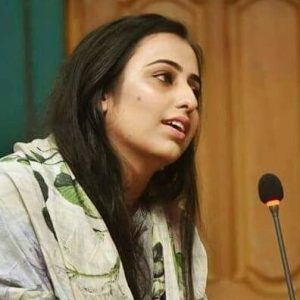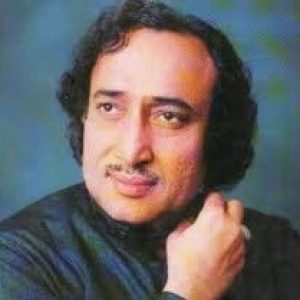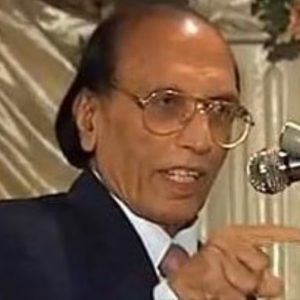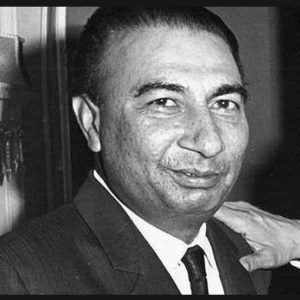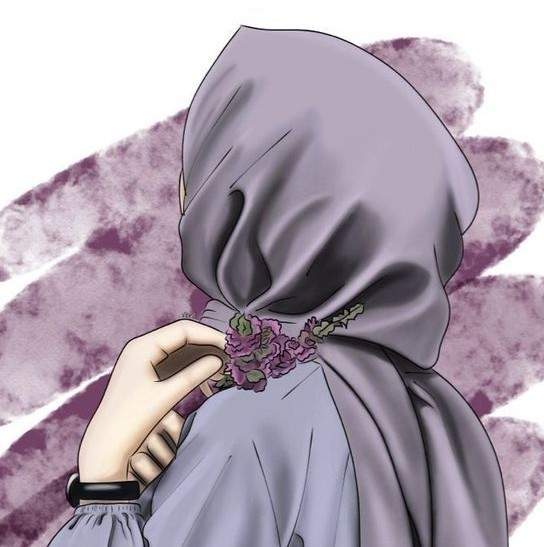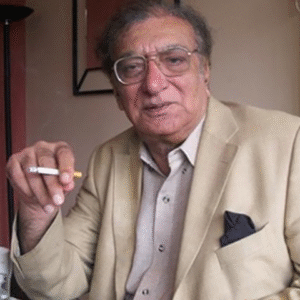
Ahmed Faraz
Kohat, British India (now in Pakistan)
About The Poet
Born on January 12, 1931, in Kohat (then British India, now Pakistan), Ahmed Faraz is widely regarded as one of the greatest Urdu poets of the 20th century. Born as Syed Ahmed Shah, he later adopted the pen name Faraz, which became synonymous with romantic defiance, resistance, and lyrical beauty. Educated at Edwardes College and Peshawar University, Faraz studied Persian and Urdu literature—an academic grounding that infused his poetry with depth and elegance.
Literary Style & Themes:
Ahmed Faraz’s poetry is often compared to that of Faiz Ahmed Faiz, both in theme and temperament. His verses reflect a seamless fusion of romance and revolution, blending tender expressions of love with bold critiques of political repression and social injustice. Known for his melodic flow, humanistic vision, and unflinching honesty, Faraz’s style is at once classical and refreshingly contemporary. His mastery over metaphor and idiom allows him to articulate the deepest emotions with remarkable clarity and resonance.
His themes range from love, longing, and beauty to exile, resistance, and dissent—crafted in a language that is accessible yet rich with literary finesse.
Recognition & Influence:
Ahmed Faraz received numerous honors for his literary contributions, including the Sitara-i-Imtiaz, Hilal-e-Imtiaz, and Hilal-e-Pakistan—some of which he returned in protest against political censorship and authoritarianism. Exiled during the military regime of General Zia-ul-Haq due to his outspoken views, Faraz became a symbol of intellectual resistance and poetic courage.
He served as Chairman of the Pakistan Academy of Letters and later as the founding Director General of the Urdu Science Board, further cementing his legacy as a patron of Urdu language and culture.
Notable Works:
Faraz authored several acclaimed collections of poetry that remain widely read and quoted across the Urdu-speaking world. His most celebrated works include:
Tanha Tanha
Dard Ashob
Nayaft
Be-Awaz Gali Kuchon Mein
Shab-e-Khun
Notable couplets and verses include:
“Ranjish hi sahi, dil hi dukhane ke liye aa…”
“Ab ke hum bichhde to shaayad kabhi khwabon mein milen”
“Suna hai log usay aankh bhar ke dekhte hain…”
Legacy:
Ahmed Faraz passed away on August 25, 2008, in Islamabad, but his poetry continues to thrive—quoted in gatherings, sung in renditions, and etched into the collective memory of the nation. With his unique combination of romantic lyricism and revolutionary thought, Faraz not only redefined the role of the poet in society but also gave voice to generations yearning for love, justice, and freedom.
- Born on : January 12, 1931
- Died Location: Islamabad, Pakistan
- Died: August 25, 2008
- Born Location: Kohat, British India (now in Pakistan)

